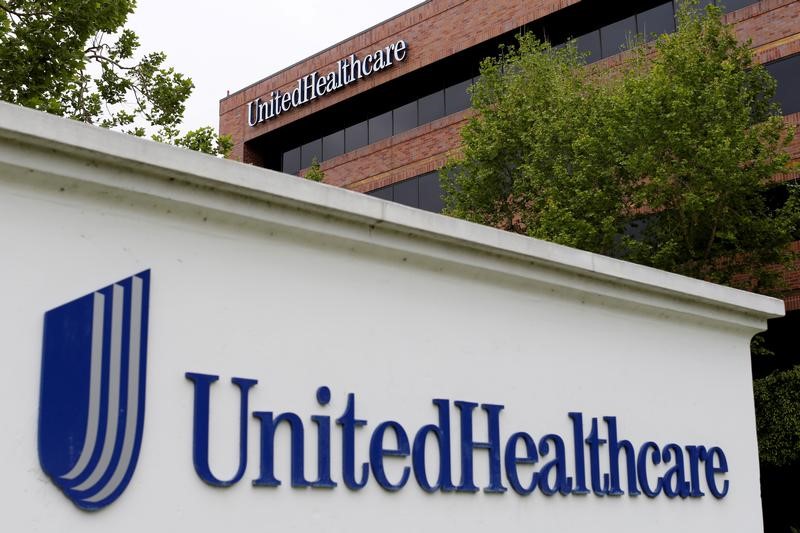NEW YORK (Reuters) - The U.S. government on Wednesday proposed an increase of 0.25 percent on average in payments to health insurers who offer Medicare Advantage insurance, which provides health benefits to more than 18 million elderly or disabled people.
The figure was in line with estimates from analysts. J.P.Morgan's Gary Taylor, for instance, had been expecting a proposal for payments that were flat to slightly up from the rate that the government is now paying insurers who provide plans.
The government will finalize the proposed rate on April 3 and could make changes between now and then after the industry reacts. Last year, the government proposed an increase of about 1.35 percent but later trimmed that back about 50 basis points.
UnitedHealth Group Inc (NYSE:UNH) and Humana Inc (NYSE:HUM) are two of the largest providers of these plans, which cover more than one-third of Medicare beneficiaries. Their shares were unchanged in after-hours trading.

The Centers for Medicare & Medicaid Services, the division of the U.S. Department of Health & Human Services that regulates Medicare, also said that it expected insurers to benefit from an additional 2.5 percent increase in payments related to how they code medical services.